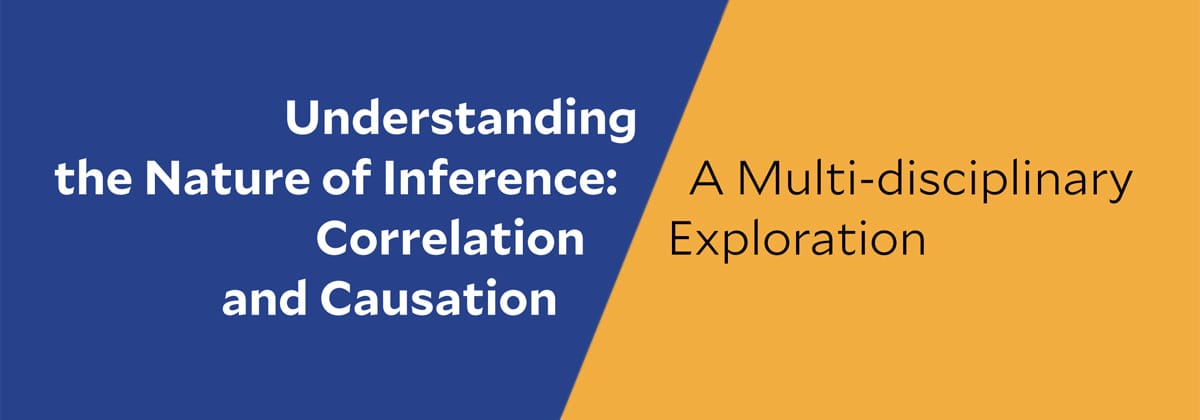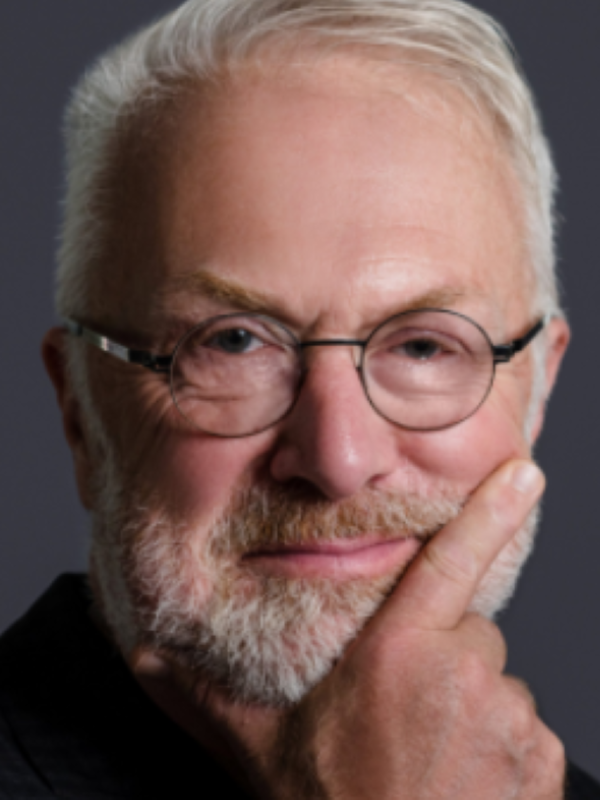The Understanding the Nature of Inference project aims to examine deeply the process of inference of cause and effect across disciplines with a view to understanding the utility of conceptual modeling and simulations as proxies for controlled experiments. We have assembled a core group of experts with modeling experience in different intellectual disciplines ranging from epidemiology, cosmology, genetics, organizational behavior to climate modeling and philosophers of science who study the nature of inference.
Join us in exploring the various kinds of conceptual frameworks – agent simulations, ab-initio time evolution modeling of complex non-linear systems, propagation of genetic transcription and expression, climate modeling – to distill the role that modeling plays in aiding the disentangling of correlation and causation. One of the fundamental and challenging open questions in epistemology across intellectual disciplines is the distinction between causation and correlation.
The production of new knowledge is inevitably linked to the understanding of cause and effect and the underlying principles, if any exist, that map between them. The study of causality lies at the very core of all scientific enquiry. Sifting out causality is also imperative when predictions for the future behavior of systems under investigation are sought. There are many approaches to studying causation, including probabilistic, manipulative, counter-factual and structural ones that invariably all comprise a set of mathematical tools that help discriminate between causal connections and statistical associations.
Our multi-disciplinary project is supported by The Franke Program in Science and the Humanities and The John Templeton Foundation. Our core team is led by Priyamvada Natarajan, and the core of assembled experts and their affiliations is provided below:
Dr. Jenann Ismael, Professor of Philosophy, Columbia University, New York, U.S.A.
Dr. James Owen Weatherall, Professor of Logic and Philosophy of Science, University of California at Irvine, Irvine, U.S.A.
Dr. Kyle Cranmer, Professor of Physics & Data Science, New York University, New York, U.S.A.
Dr. Eric Winsberg, Professor of Philosophy, University of South Florida, Tampa, U.S.A.
Dr. Elise Crull, Assistant Professor of Philosophy, The City College of New York, New York, U.S.A.
Dr. Albert Anghern, Professor of Information Technology, INSEAD, Fontainebleau, France.
Dr. Sarah Teichmann, Head of Cellular Genetics, Welcome Sanger Institute, Cambridge, U.K.
The key planned current activity is a virtual collquium series, open to the public, held once a month. Eminent thinkers who have established expertise in various facets of the inference question, including our core team, will be invited speakers. Prior to the talk, we will make available relevant reading materials from the speaker on this website. And a day or two after the talk, we will host a follow-up moderated panel discussion session that will delve deeper into the content of the previous day’s colloquium. This session is also open to the public.


